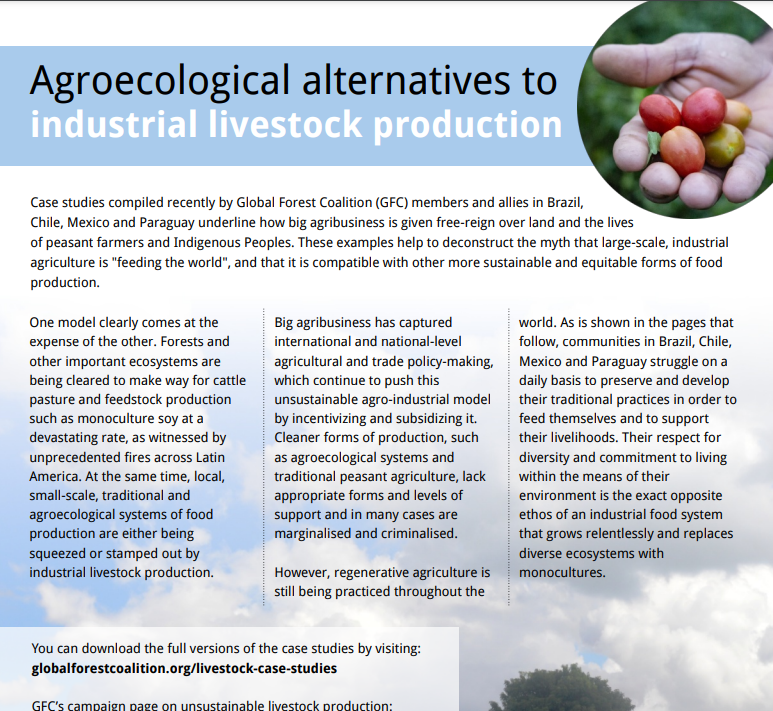Characterization of Indigenous Breeding Strategies of the Sheep Farming Communities of Ethiopia
Publication Year: 2013
Author(s): Assefa G, Getachew, Rischkowsky
Abstract:
This working paper synthesizes and analyzes the characteristics of the indigenous sheep production and breeding strategies and practices of four sheep farming communities located in pastoral (Amibara), sub-alpine sheep-barley (Menz), perennial crop-livestock (Bonga), and cereal-livestock (Horro) production systems. The paper also provides a model framework for characterizing the indigenous sheep production and breeding practices of traditional sheep producers in Ethiopia as a basis for designing suitable community-based breeding programs. Sections 1-3 of the paper present introduction to, objectives and study framework of the ICARDA-ILRI-BOKU research project. Chapters 4 and 5 give highlights, respectively, on sheep breeding strategies and the basis for designing community-based breeding programs in Ethiopia. The paper closes with a synthesis of approaches to the design of community-based breeding programs including definition of breeding objectives, designing, optimizing and implementing community-based breeding programs
Source of Publication: Agricultural Research Knowledge
Country: Ethiopia
Publisher/Organisation: International Center for Agricultural Research in the Dry Areas (ICARDA)
URL:
https://repo.mel.cgiar.org/handle/20.500.11766/7796
Theme: Traditional Animal Husbandry | Subtheme: Livestock Management
Related Documents
Case Study

Agroecological Alternatives to Industrial Livestock Production
Published Year: 2019
Abstract:
This Case studies compiled recently by Global Forest Coalition (GFC) members and allies in Bra... Read More
Books
Reindeer Husbandry: Resilience in the Changing Arctic, Volume 2
Published Year: 2024
Abstract:
The Arctic and sub-Arctic environment, climate and biodiversity are changing in ways unprecede... Read More



